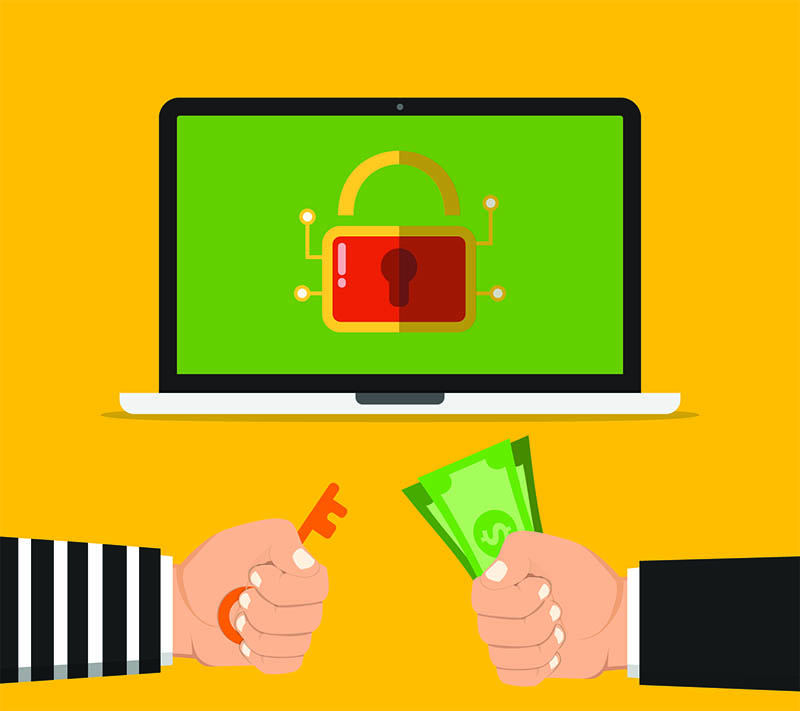
Ransomware is a type of malicious software (malware) which, when installed on a device or system, prevents access to that device, or that device’s content or applications. Once installed and operational, the malware prompts you to pay a ransom to restore full functionality to the device. Personal or sensitive data have been targeted with ransomware, or accessed when attackers were rifling through organizational computers or networks. In fact ransomware has affected a range of devices, including those running Windows, OS X, and Android, and has affected healthcare providers, police services, public schools, universities, and various types of businesses, in addition to individual consumer users. It’s an increasingly prevalent issue, with Symantec estimating that Canadians were affected by over 1,600 ransomware attacks a day in 2015.
Read more
Learn more about privacy at airports and border crossings by referring to the new featured topic, and have a safe journey!
Read more
Our Office understands the challenges faced by law enforcement and national security authorities in fighting online crime at a time of rapidly changing communications technologies and the need to modernize their tactics and tools accordingly.
Read more
I was listening to Daniel Solove’s presentation at the Reboot Ottawa conference earlier today. His talk was modeled on the main points of his latest book, Nothing To Hide, and he addressed four “fallacies” that skew the debate between privacy and national security in favour of the latter.
Read more
Two countries negotiating a perimeter security agreement can easily be compared to two individuals drastically redefining their relationship.
Read more
The tragedy of September 11th shook our sense of collective security to its core. With that, security measures were tightened, constricting the movement of travellers and trade across the Canada-US border.
Read more
There has been a long-standing debate between privacy advocates and government officials about the extent of government interest in the information transmitted across domestic and international networks. The passage of USA PATRIOT Act intensified this debate and prompted concern from a more general audience as well. Ever since, the digerati and online crowd have been whispering and wondering about the interface between search engines, particularly Google, and law enforcement and national security bodies.
Read more
Remarks delivered to the Annual Conference of the Canadian Association for Security and Intelligence Studies, October 30, 2009 by Chantal Bernier, Assistant Privacy Commissioner of Canada
Read more
(from our news release)
Read more
Ever wonder what information a government agency might hold about your traveling habits? Thanks to an anonymous U.S citizen, we can sneak a peek at a travel record held by the United States Department of Homeland Security. The scanned copies are posted on philosecurity, and include data like:
Read more



